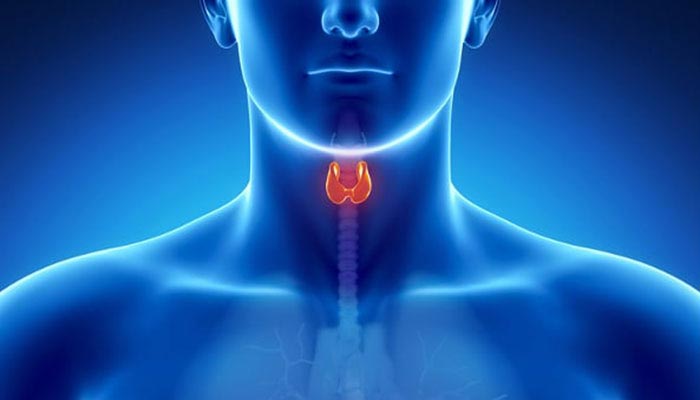
Thyroid disorder is commonly underdiagnosed and is sharply on the rise. People can be suffering from many obscure symptoms of thyroid disorder yet their blood tests come back “within range”.
The most common of the many different types of thyroid disease are Hashimoto’s thyroiditis and Grave’s disease.
Hashimoto’s thyroiditis is an auto-immune disease where the body attacks the thyroid. It accounts for over 80% of thyroid disorders.
Many clients suffering from Hashimoto’s are told that they have a sluggish thyroid but are not told about an autoimmune component. There is little or no investigation into root causes, such as viral infections, nutrient deficiencies, toxicity, stress and poor gut function.
Common symptoms for Hashimoto’s disease and hypothyroidism are:
- Fatigue / exhaustion
- Difficulty concentrating
- Weight gain
- Intolerance to cold
- Low mood
- Constipation / digestive disorders
- Food sensitivities
- Dry skin
- Enlarged neck / goitre
- Dry and brittle hair / hair loss
- Reduced libido
- Plus many more
- Irregular menstrual cycle / excessively heavy periods
Grave’s disease is also an autoimmune thyroid disease in which the thyroid is hyperactive. The thyroid may switch between being hyperactive and hypoactive, causing confusing symptoms.
Thyroid antibody blood tests can show whether these disease states are active. However, approximately 20-40% of people are seronegative, returning no positive test results for thyroid antibodies. Diagnosis of these patients requites alternative test methods, such as ultrasounds and symptom profiling.


Common symptoms for Grave’s disease and hyperthyroidism are:
- Increased resting heart rate
- Palpitations
- Hypertension
- Nervousness and irritability
- Weight loss
- Difficulty sleeping
- Bulging eyes
- Increased perspiration
- Goitre / enlarged neck
- Shakiness and tremors
Patients sometimes suffer from other symptoms, like carpel tunnel syndrome or increased appetite, for as long as 10 years before a marked variation is noticed in the blood tests for thyroid disorder, extending suffering and recovery periods.
[widget id="text-4"]
